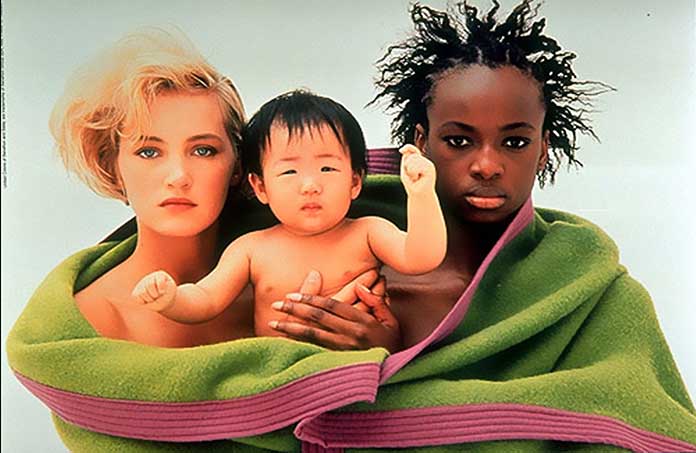The first time I heard this phrase it was about diversity in jobs. I can’t recall whether it was specifically about women in tech or people of colour in leadership or all of the above, but the phrase stuck with me. And every so often, my brain takes it back out and plays with it.
Last week, The New York Times ran a piece about tech belt-tightening. There were eight people quoted or profiled in the piece. All of them were men, the majority of them were white. I read the piece wondering how a reporter came to interview all men for a tech piece and didn’t notice(?), didn’t care(?), or, worse, didn’t think speaking to female tech execs or entrepreneurs would provide an important perspective for the piece(?).
Warned of a Crash, Start-Ups in Silicon Valley Narrow Their Focus https://t.co/W5t4BYlVh7
— Melissa Nightingale (@shappy) August 29, 2016
And then I think about that reporter’s editor who didn’t notice, didn’t care, or didn’t think there was anything missing or wrong about the story as it was eventually published. Nevermind that female execs are routinely championed for running tighter financial ships than their male counterparts. Nevermind that it’s 20 fucking 17. Nevermind that it’s the New York fucking Times. Nevermind any of that.

I think about PC culture. I think about the Benetton ads from the 80s. I think about my biracial nephew and how many families look like his. I think about his mom who still struggles to find him a doll that looks like him.
I think about the evolution of stock photography. I think about the many startups who show exclusively white hands in all of their product shots because it doesn’t occur to them that this excludes a large swath of humanity.
You can’t be what you can’t see.
I think about growing up in Baltimore where the majority is a minority. Growing up, all the barbies on TV had brown skin, all the newscasters had brown skin, almost all the people I saw in commercials had brown skin. I’m in college the first time I see a Burger King commercial with a white person in it. It comes crashing down on me in one cynical wave that Baltimore has demographic-specific advertising and that it’s different than other places.
Earlier this week, I watched a startup launch with a website hastily thrown together before the announcement. I scroll through the site. There isn’t a single woman on it. The people who put together the site didn’t notice(?), didn’t care(?), or didn’t know any women who they thought worthy of putting on the website(?).
Except…I know the people who put it together.
I want them to be bros. I want them to be idiots. I want them to be the worst versions of white men in tech. But they’re not. They’re dads. Of little girls. They speak loudly and publicly about the need for greater diversity in tech. They know it’s a problem and they care about fixing it.
I scroll further down the page. There are stick figures. The stick figures are all men.
You can’t be what you can’t see.
I can’t see a single woman on a page showcasing innovation and entrepreneurship in tech. It’s not that I don’t know women who fit that description, it’s that I can’t see them.
I can’t see a single woman in a New York Times piece about responsible stewardship during a downturn.
https://twitter.com/shappy/status/770311151792033792
It’s a week of this, of flagging for people that they missed a step, and whether or not it’s on purpose, it’s a problem. And it’s the little problem of all male stick figures and how that factors into the bigger problem of making tech a big enough tent so everyone’s contributions can be recognized and valued.
I’m exhausted. I’m tired of being grumpy. I’m tired of having to spot it, see it, and then teach other people about something they would have seen first if they’d only noticed, cared, or thought about the implications of making women or people of color invisible.
You can’t be what you can’t see.
This article was syndicated with permission from The Co-Pour

